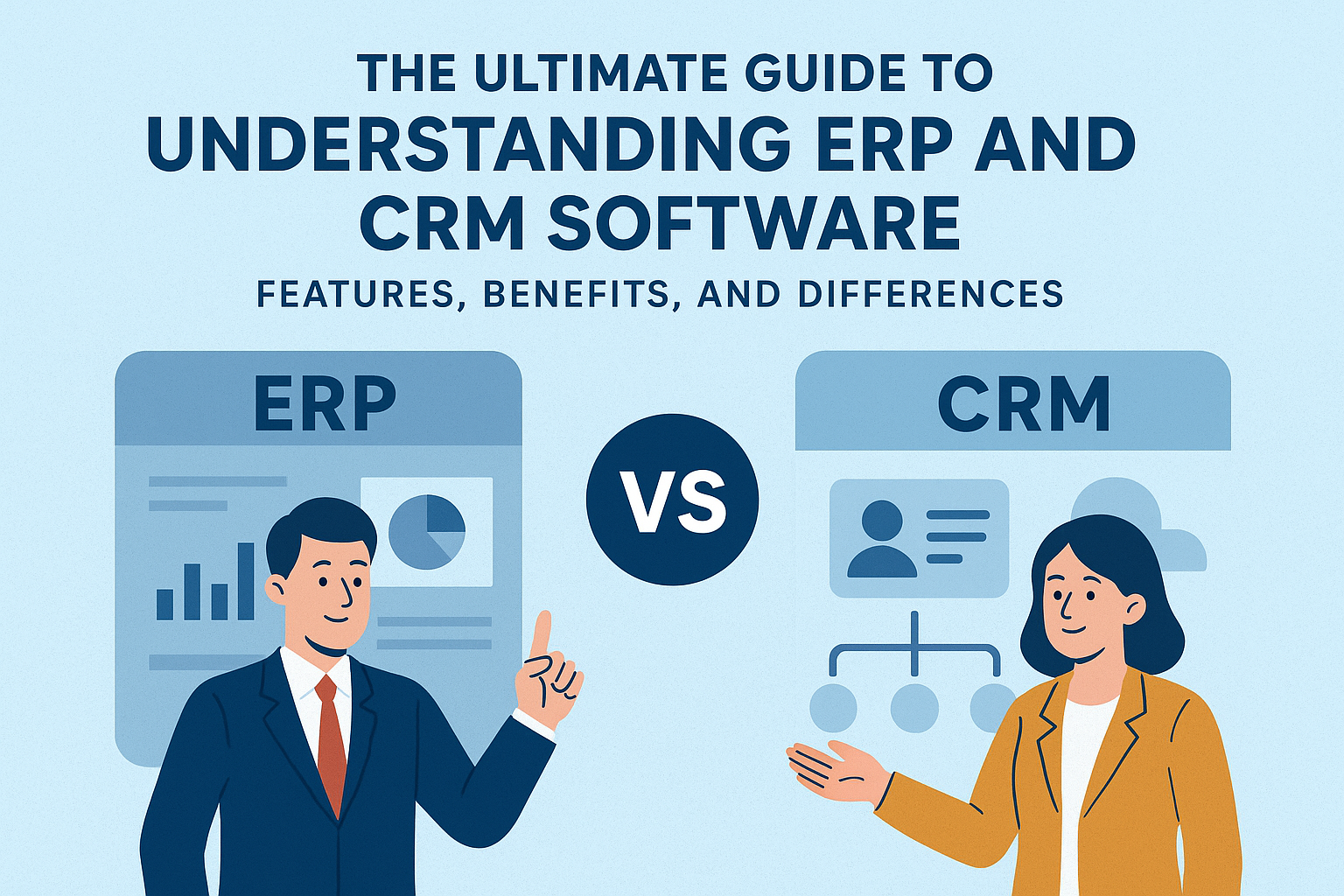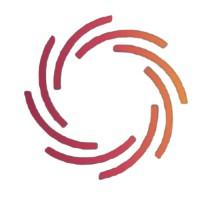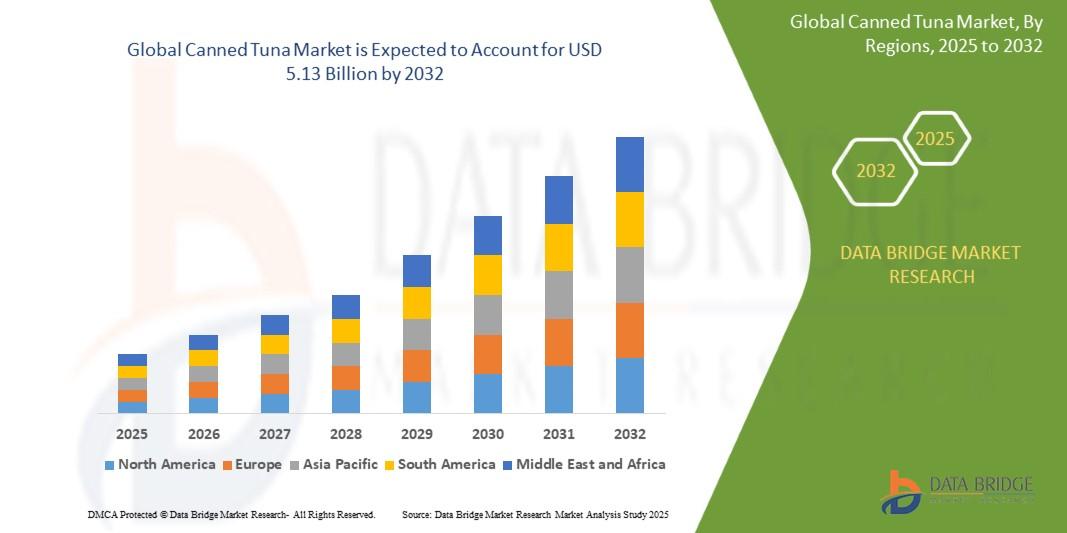The Ultimate Guide to Understanding ERP and CRM Software: Features, Benefits, and Differences

business software acronyms have an uncanny ability to make us nod along as if we know exactly what’s being discussed, all while internally wondering, “Wait, which one manages customers and which one manages… everything else?” ERP, CRM, CMS, PMS—sometimes it feels like the tech world is just a Scrabble board gone rogue.
And yet, behind the corporate jargon, these tools genuinely run the modern business world. ERP (Enterprise Resource Planning) and CRM (Customer Relationship Management) aren’t just fancy abbreviations to toss into board meetings—they’re the backbone of efficiency and growth. But they’re also different creatures entirely, each with its own features, benefits, and role in your company’s grand quest for profitability.
We, as an experienced ERP software development company, have seen countless businesses try to shoehorn one into the role of the other (spoiler: it doesn’t end well). This guide will walk you through what ERP and CRM are, why they matter, and how to tell them apart—minus the fluff, plus a few sarcastic asides to keep you awake.
What is ERP?
ERP, or Enterprise Resource Planning, is like the overachieving middle child of business software—it quietly handles everything from inventory and procurement to HR and accounting, all while pretending it doesn’t want praise.
Think of ERP as your company’s central nervous system. Data from different departments flows into it, and it processes, organizes, and spits it back out so your business doesn’t spiral into chaos.
Core Features of ERP Systems:
-
Financial Management: Budgeting, payroll, taxes—basically all the things that make your accountant smile.
-
Inventory Control: Track stock levels, manage orders, and avoid that awkward “Sorry, we’re out of stock” email to customers.
-
Supply Chain Management: Coordinate logistics and procurement without ten different spreadsheets.
-
HR & Workforce Management: From hiring to performance tracking—because humans are an asset (at least on paper).
-
Production Planning: Scheduling and resource allocation that makes manufacturing run smoother than your morning coffee.
If you partner with an ERP software development company that knows its stuff, these features can be tailored exactly to your operations—no extra fluff, no missing essentials.
What is CRM?
CRM, or Customer Relationship Management, is your charming, talkative friend who remembers everyone’s birthdays and coffee orders. It focuses entirely on customer interactions—managing leads, tracking communications, and making sure no potential sale slips through the cracks.
Core Features of CRM Systems:
-
Lead Management: From “random website visitor” to “repeat customer,” track every stage.
-
Contact Database: All your customer info in one place, so you can stop asking, “Who’s this guy again?”
-
Sales Pipeline Tracking: Visualize deals in progress so you know when to push, when to nurture, and when to move on.
-
Customer Support Tools: Ticketing systems, live chat, and feedback tracking to keep customers happy (or at least less angry).
-
Marketing Automation: Email campaigns, segmentation, and analytics to target the right people with the right messages.
While ERP focuses on the inside of your business, CRM focuses on the outside—your customers, prospects, and relationships.
ERP vs CRM: The Key Differences
| Aspect | ERP | CRM |
|---|---|---|
| Primary Focus | Internal operations | Customer relationships |
| Main Goal | Efficiency & productivity | Sales & customer retention |
| Data Managed | Finance, HR, inventory, supply chain | Leads, sales, customer interactions |
| Core Benefit | Streamlined processes | Increased revenue |
| Users | Operations, HR, finance teams | Sales, marketing, support teams |
In short, ERP is about running your business; CRM is about growing it. If ERP is the skeleton, CRM is the charm and charisma that makes people want to hang out with you.
Why Businesses Often Need Both
One of our clients—a growing e-commerce brand—initially swore they only needed a CRM. “We just need to sell more!” they said. Six months later, they were knee-deep in mismatched inventory numbers, late supplier payments, and a warehouse manager on the verge of a nervous breakdown.
We integrated an ERP system alongside their CRM, and suddenly… magic. Sales increased (CRM doing its thing), while fulfillment times dropped and operational chaos disappeared (ERP to the rescue).
A CRM without ERP is like hiring a charismatic salesperson who sells products you can’t deliver. An ERP without CRM is like running a perfectly efficient factory that nobody knows about. Together? That’s when you get sustainable growth.
Benefits of ERP Systems
-
Centralized Data: One source of truth—goodbye, duplicate spreadsheets.
-
Improved Efficiency: Automate repetitive tasks and free up human brainpower for actual thinking.
-
Better Reporting: Real-time analytics for quick, informed decisions.
-
Cost Savings: Streamlined processes mean fewer mistakes and less waste.
-
Scalability: Grow without constantly rebuilding your systems from scratch.
Benefits of CRM Systems
-
Better Customer Relationships: Know your customers like you know your Netflix password.
-
Increased Sales: Track leads and opportunities to close more deals.
-
Improved Customer Service: Faster, more personalized responses.
-
Data-Driven Marketing: Target the right audience with tailored campaigns.
-
Higher Retention Rates: Keep customers coming back (and bringing friends).
Choosing the Right Software (and Partner)
Here’s where it gets tricky. Picking between ERP and CRM—or choosing to integrate both—depends on your business size, goals, and current pain points.
That’s why working with an experienced ERP software development matters. They can:
-
Assess your business processes.
-
Customize the software to fit your workflow.
-
Integrate ERP and CRM seamlessly (no duct tape solutions).
-
Offer ongoing support so you’re not abandoned after launch.
Final Thought
ERP and CRM aren’t rivals—they’re teammates. One keeps your operations running like a Swiss watch; the other makes sure the world knows how great that watch is (and convinces them to buy one). Businesses that invest in both aren’t just surviving—they’re thriving.
And yes, you could technically try to run your business without them—just like you could technically survive without coffee. But why would you want to?
FAQs
1. Can ERP and CRM be integrated?
Yes, and in most cases, they should be. Integration ensures data flows seamlessly between sales, operations, and customer service.
2. Which should I implement first—ERP or CRM?
It depends on your pain points. If internal operations are chaotic, start with ERP. If you’re losing leads and customers, start with CRM.
3. Is custom ERP development worth it?
If you have unique workflows or industry-specific needs, working with a specialized ERP software development company is often the best route.
4. How much does ERP or CRM software cost?
Costs vary widely based on features, customization, and user count. A development partner can help tailor a solution to your budget.
5. Can small businesses use ERP and CRM?
Absolutely. In fact, starting early can give small businesses a competitive edge.







